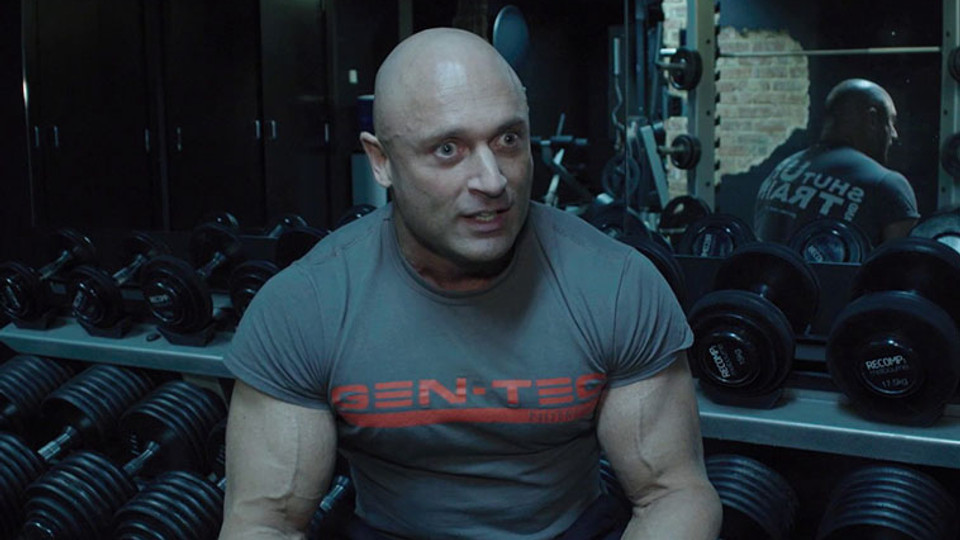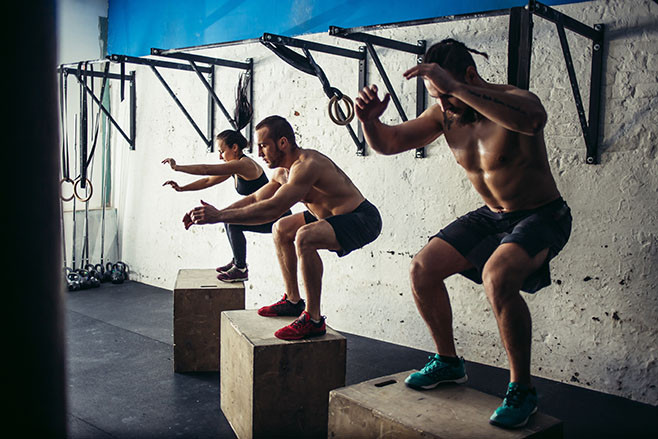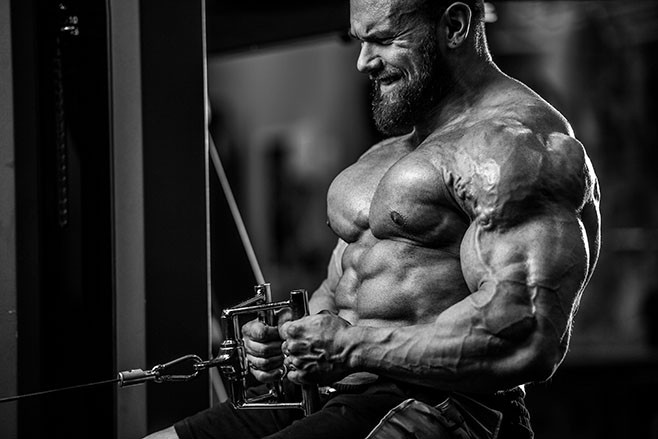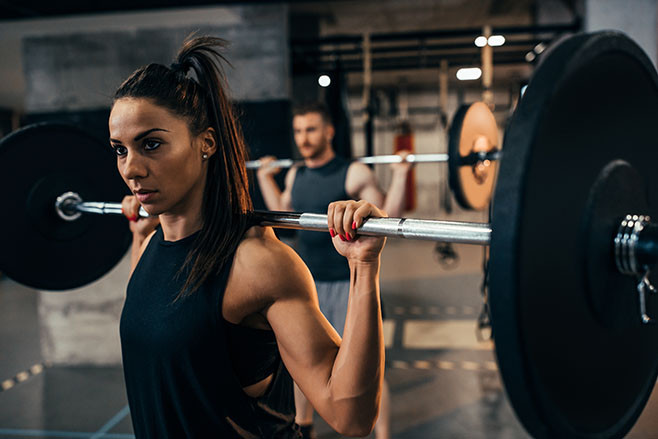
Damon Hayhow is a strength and physique trainer based in Australia who bills himself quite rightly as a body recomp specialist. The founder of Recomp HQ, Australia’s premier body recomposition coaching and dieting facility, he knows his business as few others do.
He also has some quite controversial opinions on what would seem at first glance to be the most uncontroversial of subjects: cardio.
We should all do cardio: it’s good for our hearts, for our blood pressure, for our mental health, and it keeps the fat off… right?
Well, no, not quite, and Hayhow has explained why not, at length, in various online posts and interviews. Today, I’ll be looking through his rationale, bringing you his message so that you might begin to consider the place and value of traditional ‘cardio’ in your routine.
‘Cardio’
What is cardio and what is it used for? Cardio in this sense is traditionally steady state, low impact work that is used to raise your heart rate and is considered vital to the support of a lean, muscular physique and high-end athletic endeavour.
However, Hayhow frames this position a little differently: all exercise is training to become some sort of athlete, he writes, and asks what kind of athlete this ‘cardio’ is training you to become.

He provides a ready answer. As athletes, we can train for a number of things: strength and power, endurance, stamina, speed, agility… really, any number of things that can support our athletic performance.
As athletes, he says, cardio is not for us. It’s a medical exercise intervention, applicable only to sedentary people suffering from cardiovascular disease.
The heart and circulatory system- which are what we work when we take part in ‘cardio’- are actively involved in all physical activities. This has led to the somewhat backward thinking that ‘cardio’ is therefore beneficial for all physical activities. If you want to lift weights more efficiently, do ‘cardio’ so that your lungs can manage the workload more efficiently.

I say this is backward thinking because it has confused two propositions. The fact that the heart and circulatory system are used in all physical activities doesn’t make ‘cardio’ sport-specific training, as Hayhow points out.
Cardiovascular training doesn’t benefit athletic endeavour: rather, all athletic endeavour provides a cardiovascular benefit.
This doesn’t mean that they should do cardio.
If you take part in conditioning specific to your athletic purpose, call it what it is: it is ‘conditioning’, not ‘cardio’.

The lowest form of exercise
The act of cardio, endlessly chewing up miles and minutes on steady state ellipticals and cross trainers, is the ‘lowest stress’, according to Hayhow. It is suitable for those sedentary individuals requiring medical intervention for their cardiovascular health, not for athletes.
He poses this question: what does an hour of such training prepare an athlete for? To be slow, weak, untrained, tired… there are no positive outcomes that this style of exercise can bring. At its best, it’s a waste of time with a pretty hefty opportunity cost (think of all the positive things you could be doing with those precious hours and that precious energy.) At its worst, ‘cardio’ is turning you into a weak, slow version of yourself.

If you began any form of athletic endeavour, or looked to recomp your body, it’s doubtful that this shambling mess of a tired frame was what you set out to achieve. So why shoot for it?
As Hayhow himself puts it:
‘From a body composition perspective, do you really think you will look more physically impressive because you are so much less physically impressive? When you picture yourself with your dream body do you really envision a slow, weak, tired person, slothing [sic] along miserably on a treadmill?’
Of course not. You likely imagine yourself as explosive, dynamic and strong. Well, cardio won’t get you there: high intensity training with weights and explosive movements will. A lean, muscular physique is built in the weights room and in the kitchen. Weight training- ideally heavy weights, as Hayhow recommends- alongside a diet appropriate to your own nutritional needs, will be how you become the physically strongest, most imposing version of yourself.

Specificity
As a note, I’d like to talk briefly about specificity. If you do want to be an endurance athlete, or a swimmer, or a boxer or a cyclist, of course challenging cardiovascular work will be needed. As it will be if you want to be a strong Olympic or power lifter, or a ripped bodybuilder. I’m arguing here against the boring, steady state ‘cardio’ that you see in gyms, not sports-specific, coach-led conditioning.

The take-home
So, sort out your diet, lift heavy things, do training that will turn you into who and what you want and need to be. Don’t just resort to slogging away for hours at something with no relevance and no purpose for your goals.
To reiterate a final message from Hayhow: don’t spend hours of your life training to be a slow, sluggish, second-rate endurance athlete. If you do, you might just become one.




